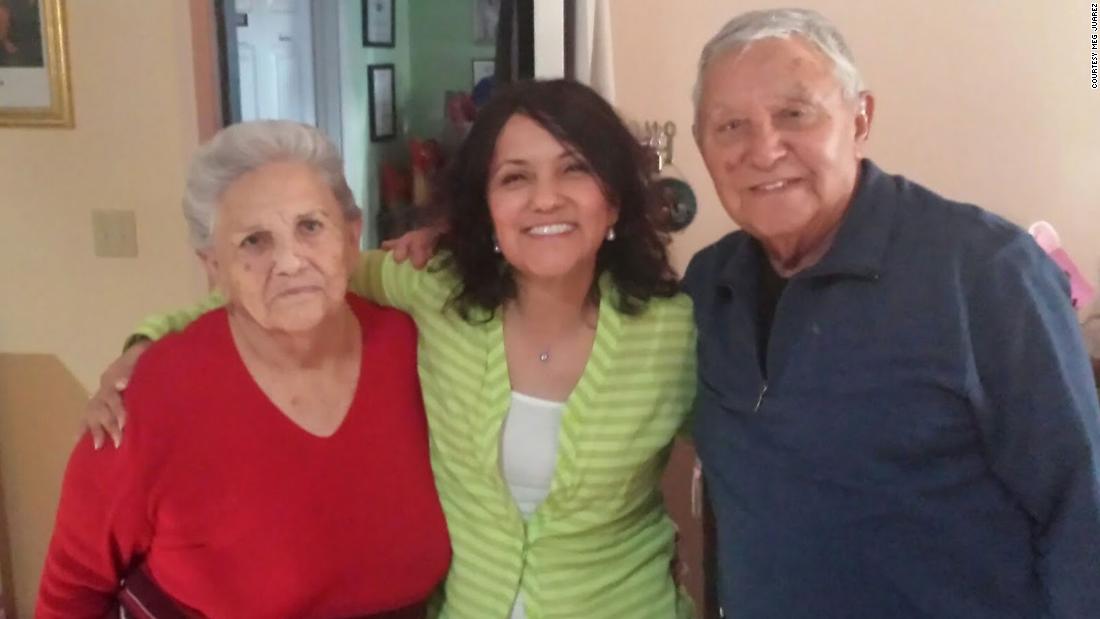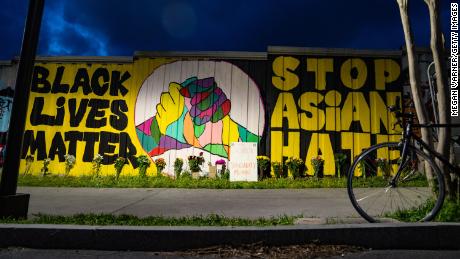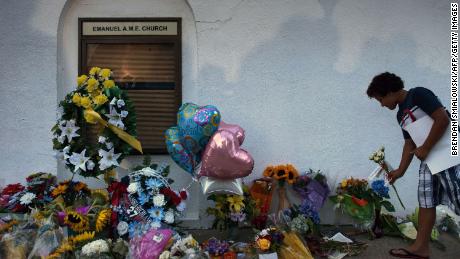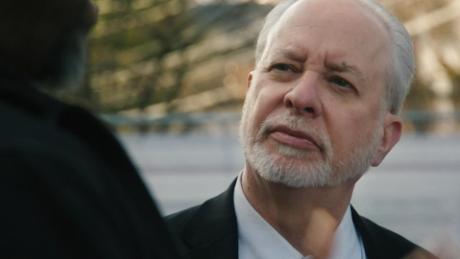A rod in her arm, silence at home and a lost wedding ring are daily reminders of the shooting that changed Martha Juarez’s life
“We still struggle to find ways to care for my mom and we know that she’s still hasn’t processed that trauma because she can’t,” said her daughter, Meg Juarez. “She doesn’t want to go talk to anyone (about it).”
Martha Juarez is among those who survived a mass shooting or lost a loved one, and are still grappling with how hate upended their lives. Many are trying to find a path forward not only for themselves but for the future of their communities.
When Raymond Chang first heard about last week’s shootings, he was in shock and disbelief. His next thought was, “Oh my gosh, we’re having the Asian El Paso right now,” he said.
Chang, a Korean American who is the campus minister at Wheaton College in Illinois, said it was impossible to not think of the Atlanta shootings as an attack on AAPIs. Six women of Asian descent were killed, he said, just as the country was seeing a spike in reported violence toward Asian Americans.
Authorities said the suspect in the El Paso massacre traveled to the city with the sole intent of killing immigrants and Mexicans. The accused shooter, Patrick Crusius, is facing multiple hate crimes and capital murder charges. Trial dates have not been set in the state and federal criminal cases against him.
America has not been a welcoming country for many, survivor says
The 2015 shooting that claimed the lives of nine people at a historically Black church in Charleston, South Carolina, is one of the massacres etched into the country’s memory.
Jennifer Pinckney, whose husband Rev. Clementa Pinckney died in the massacre at Emanuel African Methodist Episcopal Church, says the many mass shootings that have followed force her to relive the tragedy.
“It takes me back to hearing the gunshots and the commotion that went on. It takes me back to when all of the family members were in a hotel, waiting to hear about our loved ones and then once they found out, you hear them screaming and crying out,” Pinckney said.
“We’ve gone through this way too much here lately,” Gil Truesdale told CNN last June. “It was bad enough then, but now with all this, it sort of hits you in a different place.”
“We need to work together, to be able to help each other to work through the challenges of living in America,” Myers said. “America has not been a welcoming country to immigrants, despite the hopes of the founders. That doesn’t mean that it can’t become something better.”
She fears more people will be targeted
When Martha Juarez returned to her El Paso home from the hospital, she didn’t want to go anywhere or even watch TV. She was afraid and grieving, her daughter says.
Her husband was gone and the wedding ring that marked the beginning of their life together as a married couple was nowhere to be found. Her precious ring was lost, the family says, at some point while medics tended for the 89-year-old injuries at the store or the hospital.
Juarez has been constantly battling the loneliness, which was exacerbated by the Covid-19 pandemic. Her children, mostly of them living outside El Paso, have been juggling schedules to care for their mother and one of them has relocated to the city to accompany her.
Despite the many challenges, the family can’t forget the attack stemmed from White supremacy, said her daughter, Meg Juarez.
“I think that this is something that we need to start reckoning within our country…dismantling the systems of White supremacy,” she said. “Because all people of color will be targeted … and many have been.”
![]()








